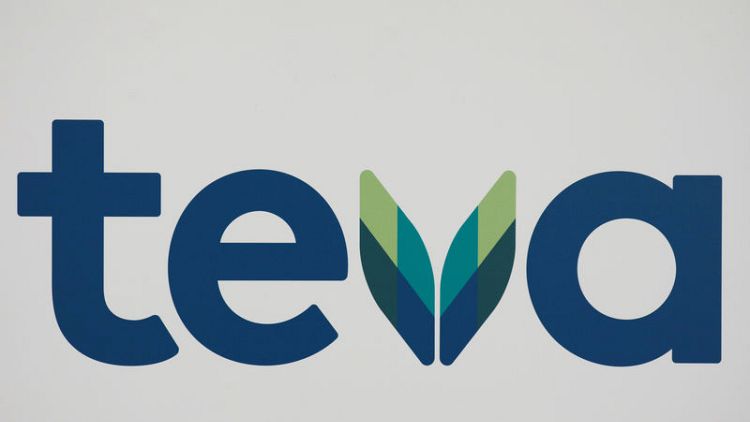By Nate Raymond
(Reuters) - An Oklahoma judge on Monday approved a revised $85 million (£66.7 million) settlement with Teva Pharmaceutical Industries Ltd resolving claims by the state's attorney general that the drugmaker helped fuel the U.S. opioid epidemic.
The decision by Cleveland County District Judge Thad Balkman in Norman, Oklahoma came after the state's attorney general, governor and top lawmakers resolved a dispute over how the money should be deposited and spent.
Oklahoma Attorney General Mike Hunter struck an initial settlement with Teva on May 26, just days before the Israel-based drugmaker was set to face trial alongside Johnson & Johnson, which is continuing to fight the case.
The settlement resolved claims that Teva and other drugmakers helped cause the epidemic by marketing opioids as safe and effective for everyday pain while downplaying their addictive qualities.
The case is one of around 2,000 by state and local governments seeking to hold drugmakers responsible for an epidemic the U.S. Centers for Disease Control and Prevention says led to a record 47,600 opioid-related overdose deaths in 2017.
Teva's deal came just days before the Israel-based drugmaker was set to face trial in the case, and two days after Oklahoma Governor Kevin Stitt signed a bill into law that required funds recovered in lawsuits by the state to be deposited into the state's treasury.
The law followed criticism by state legislators that money from an earlier, $270 million settlement in the case with Purdue Pharma LP in March was not deposited in the state's coffers for lawmakers to determine its use.
Instead, nearly $200 million of that March settlement went towards creating an addiction treatment and research centre at Oklahoma State University.
Under Teva's initial settlement, the $85 million was to be deposited into a court-controlled account pending the outcome of J&J's trial.
Hunter's office argued Teva's settlement should be combined with any money J&J must pay to help remedy, or abate, what the state says is a public nuisance that will cost $17.5 billion to remedy over 30 years. J&J denies the allegations.
But Stitt and Republican leaders of the state's legislature argued any funds should be deposited directly with the state's treasury.
Under the revised accord, money from Teva's settlement would be deposited in a fund with the state and only be used to address the opioid epidemic, subjected to future legislation, according to court papers. Teva did not admit wrongdoing.
(Reporting by Nate Raymond in New York; Editing by Bill Berkrot and Susan Thomas)



